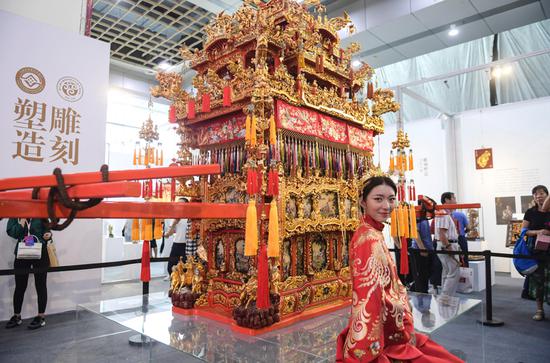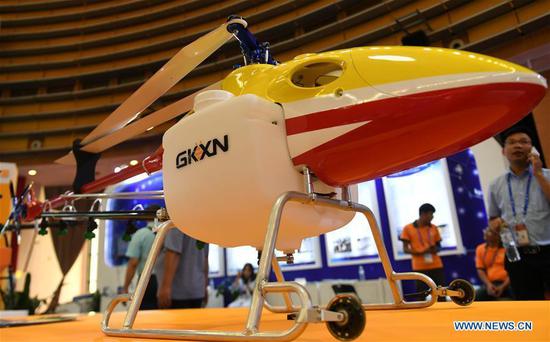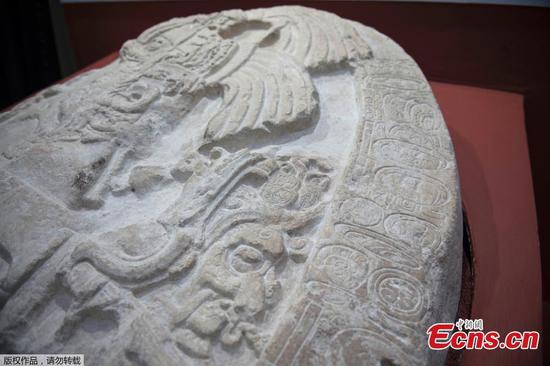Respecting China's rules a top priority for MNCs
China's homegrown brands are rapidly gaining popularity among local consumers, while some multinational corporations (MNCs) including Apple and IKEA are losing their attractiveness, with some observers saying this shows the importance of respecting Chinese rules and regulations while doing business in the country.
This year, local brands constitute the majority of firms listed on the "2018 China Brand Relevance Index's Top 50 Brands" list compiled by consultancy firm Prophet.
The ranking released over the weekend shows that the number of Chinese brands featured on the annual list has surged from 18 in 2016 to 30 in 2018.
Alipay, the financial arm of tech company Alibaba Group Holding, ranked No.1 on the list, followed by Android and social networking app WeChat. Other Chinese brands in the top 10 include Huawei, Taobao, Meituan Dianping, QQ and T-mall.
"For the first time, the rise of local brands has been fueled by innovation, not basic price/value reassurance," Leon Zhang, partner at Prophet and co-author of the China Brand Relevance Index, was quoted as saying in the index's report.
The results were based on the opinions of over 13,000 Chinese consumers regarding 249 brands across 30 industries.
The market response truly reflects the "tremendous progress" of Chinese tech firms in technological innovations under the Made in China 2025 initiative, with some including Huawei outperforming their international rivals, said Zhang Jiayuan, partner at Beijing-based Ransenhuizhi Investment Fund Management Co.
Foreign brands that are losing prestige in the Chinese market include US-based Apple and Swedish furniture retailer IKEA, which both angered Chinese consumers in recent days after they referred to Taiwan as an independent country.
Apple, which ranked as the fifth brand favored by Chinese consumers last year, tumbled out of the top 10 and now ranks 11th. IKEA also fell out of the top 30 this year from the No.4 position in 2017. Following the slide trend, US sportswear manufacturer Nike and German automaker BMW were down to the No. 44 and No. 46 spots, respectively.
"In the past, we regarded MNC products as having a guarantee of good quality. But with the rapid rise of China's advanced manufacturing and the catch-up in terms of product quality, Chinese consumers have a greater selection and domestic brands might also have an edge in winning consumers' hearts at home compared with MNCs," Zhang Jiayuan explained.
But she stressed that to tap China's population dividends, the most important thing for MNCs - prioritized over localization strategies - should be to respect China's rules, including the one-China policy.
"Otherwise, it will taint their brand images and hurt the feelings of Chinese consumers, who will no longer trust the brands. The cases of Apple and IKEA have already taught a lesson," Zhang Jiayuan said.


















































